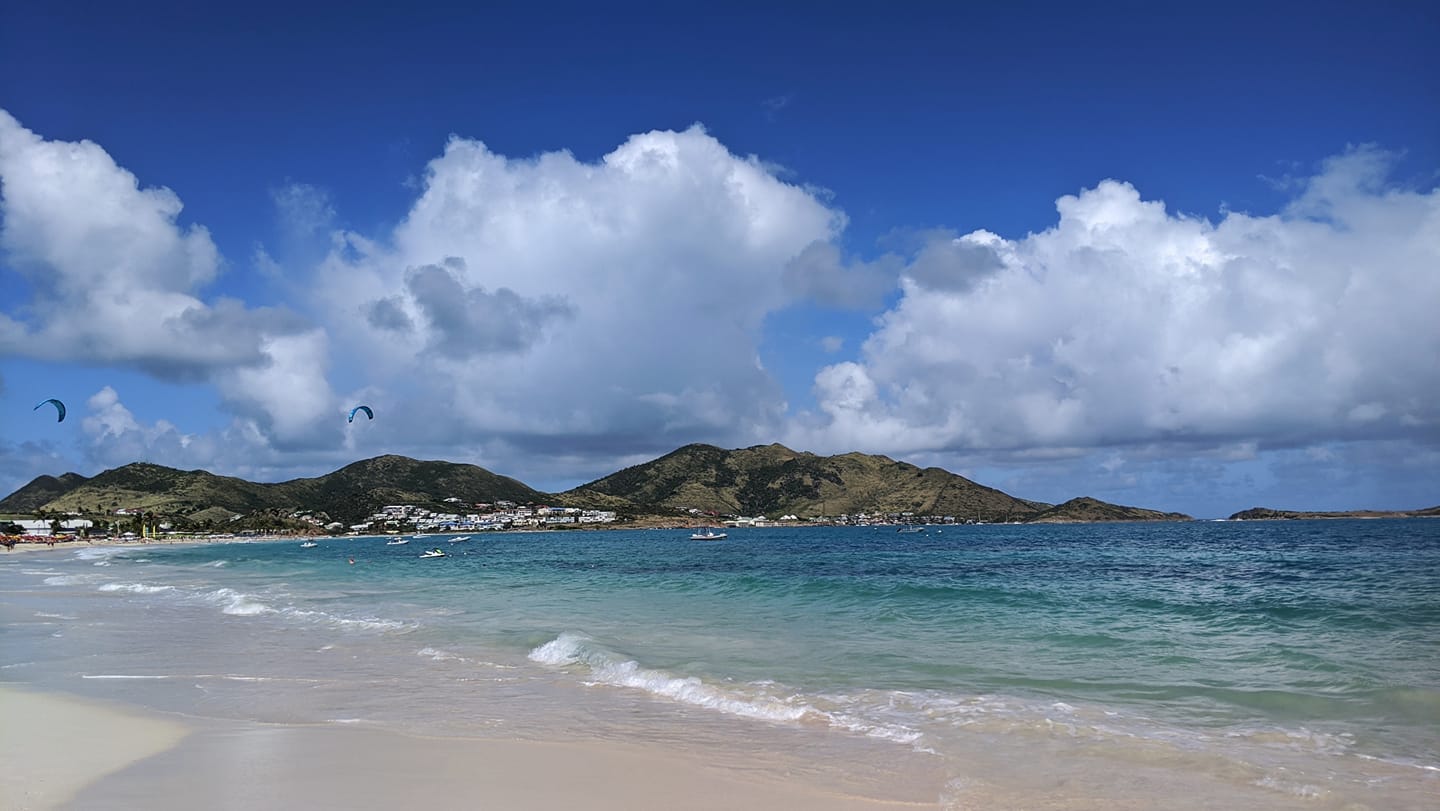PHILIPSBURG – A 38-year-old French tourist, on a sabbatical year in Saint-Martin, died of her injuries after sustaining multiple shark bites.
The attack happened approximately 150 meters from the shore of Orient Beach on the French side of Saint Martin at around 2.30 pm on Thursday, December 10. Onlookers report two other women were with her when the attack took place and cries of ‘shark!’ could be heard from the shore.
Ephrame Ollivierre has fished in St Maarten waters for many years and speculates that shark sightings closer to the shore are becoming more frequent. He believes safety needs to be a top priority.
Fisherman Ephrame Ollivierre
According to Stephan Basso, Commander of the Gendarmerie, the autopsy conducted the following morning confirmed that the victim had multiple bites on the left leg and foot, the hand and the right leg.
Mikael Doré, Secretary-General of the Prefecture commented that: “this is an exceptional, extremely rare and unfortunate accident that we have never experienced here” They type and size of shark is yet to be determined, but early speculation suggests a Tiger Shark which can grow to 3 or 4 meters.”
A scientific monitoring group has been formed and experts from Tahiti, Réunion, and the Antilles Shark Network are working to identify the type of shark involved and offer solutions to ensure the population’s safety.
Nicolas Maslac, Director of Saint-Martin Nature Reserve confirmed that divers and a drone were dispatched in an attempt to locate the shark, but nothing was found as the search was hindered as visibility in the ocean was limited to 3 meters.
Migratory patterns of Tiger sharks
Melanie Mejer zu Schlotern of the Dutch side’s Nature Foundation suggests this could be due to the migratory patterns of Tiger sharks. “Especially large tiger sharks are a migratory species travelling great distances in a single day. It is extremely likely that this shark already disappeared into the deep ocean.”
The French authorities extended an initial 48-hour ban on swimming and water activities until December 16th. The Dutch side government has not chosen to prohibit any sea bathing up to this point.
“The Nature foundation thinks a swimming ban is not deemed necessary and will only create additional fear among the population. Worldwide in 2019, there were a total of 5 fatalities due to shark bites, none close to this region. Sharks are key species for the marine ecosystem and their presence is vital.
‘Human fatalities due to shark bites are very rare’
According to the International Shark Attack File, which is the only scientifically-generated database that reports and monitors global shark attacks, last year, there were 64 confirmed unprovoked shark attacks worldwide.
Réserve Naturelle Director Nicolas Maslach noted that typical shark behaviour may change when garbage and food waste goes into the ocean which may attract them to come closer to shore to feed. Some local fishermen say they have noticed this kind of behaviour.
The Nature Foundation would like to remind the public that sharks have been a protected species in Dutch St. Maarten waters since 2011 and cannot be hunted, caught or killed.








